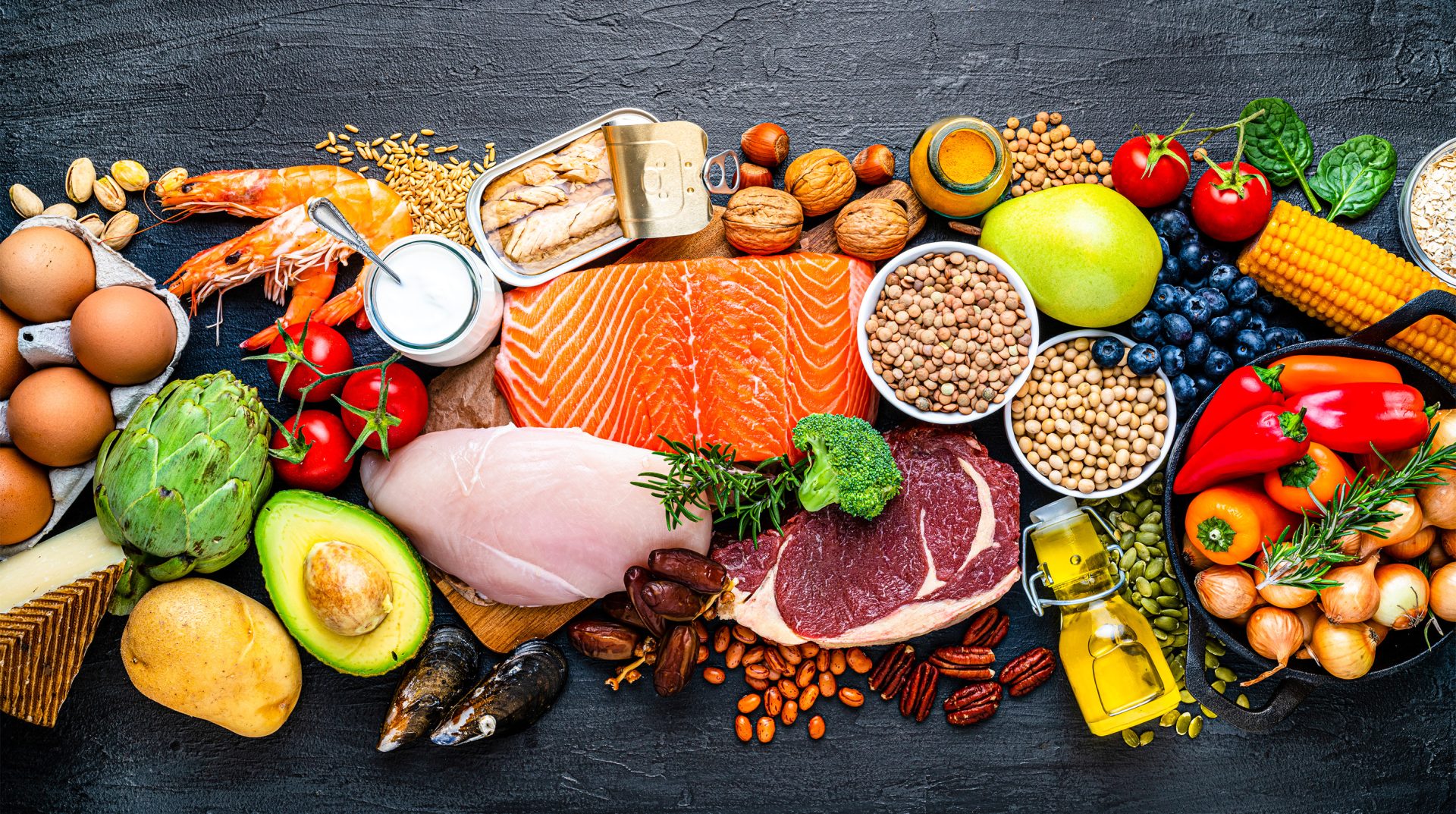Course Overview
This is a Distance Education Course presented by Well College Global – formerly Cadence Health
This Nutrition Psychology course is what everyone’s talking about and can’t get enough of! ‘
Why is it that some foods have more appeal to us than others? Why are some foods harder to say ‘no’ to? And why is it so hard to change our eating habits? We delve into the science and the psychology behind our eating habits to help make sense of why some habits die hard, and just how they came about in the first place.
Understanding why we eat what we eat is essential knowledge to anyone who works in the area of health and nutrition. Also ideal for those working in the nutrition, fitness or weight-loss industries.
Creating eating plans for others will be most effectively done if you hold a thorough understanding of food psychology. Why not get started now? This subject is an elective in the certificate of nutrition & health coaching program… let’s change lives!
This course is self paced – learn in your own time and schedule.
Macquarie Community College operates from a range of venues across Northern and Western Sydney. We have campuses in Blacktown, Carlingford, Chatswood, Epping, Mt Druitt, Richmond, and Ryde. Enrol now!
What you will learn
Course outline
- Introduction to the course
- Introduction to food psychology
- Theoretical models of food choice
- Why are models important?
- The furst model of food choice
- The influence of factors such as life course, influences, personal systems, value negotiations, strategies
- Models in health
- Commonly used models in health initiatives
- Theory of planned behaviour (TPB)
- Health belief model (HBM)
- Other models
- Public health strategies
- Understanding the consumer
- Market segments
- The effect of values on consumer behaviour
- Internal factors of taste and food regulation
- Development of taste preferences
- Taste physiology
- Taste sensitivity
- Changes with age
- Development of sweet taste
- Food intake regulation
- Nutrient effects on intake and behaviour
- Sensory-specific satiety (SSS)
- Food choices and preferences
- Liking and wanting are different
- When do taste preferences start?
- Preference for salty foods
- Development of the preference for fatty foods
- The influence of ‘good-tasting food’
- Learning and its effect on food choice
- How learning happens
- Flavour-consequence learning
- The post-ingestive effects of food
- Unlearning habits
- Influence on eating habits
- Eating as an automatic behaviour
- Inhibition of the desire to overeat
- The effect of effort on food intake
- The effect of repetition of food and variety
- Media, marketing and labelling
- Does marketing matter?
- The importance of branding to product success
- The effect of advertising on eating
- Special topic: children and food advertising on television
- How much advertising are kids exposed to?
- Update on the number of junk food adverts during children’s TV
- Food labelling and its impact on consumption
- Food labels: do they have an effect?
- Packaging messages
- Health claims
- The example of sodium
- Logos and endorsements on food products
- Eating, personality and motivational states
- Emotional influences on food choice
- Impulse, inhibition, eating restraint and intake
- The influence of stress and coping
- Decision-making styles
- The example of health campaigns
- Personal factors in weight control
- The big 5: personality and weight
- Why weight loss efforts falling short
- Motivation and weight control
- The relevance of locus of control (LOC)
- Emotional response to experiences by locus of control
- How to develop an internal locus of control
- Making changes
Course outcome
All students receive a Certificate of Attainment with relevant accreditation logos:
- Fitness Australia 15 CECs – You must be registered Personal Trainer in order to attain these CECs (the CECs will be amend to 14 CECs as of 1 October 2015)
- Physical Activity Australia: Approximate conversion of 9-15 CECs to PDPs = 3 PDPs
- 16 CPE points from ATMS
- CPE points from ANTA
- May be eligible for PME points (AAMT)
- NHAA may be applicable upon request to your registering body
What you need to know
Entry requirements
This level is for the complete beginner and assumes no prior knowledge.

